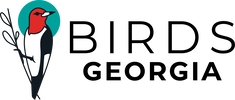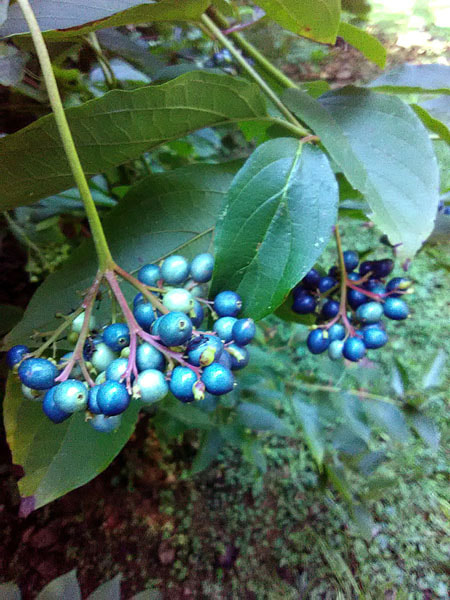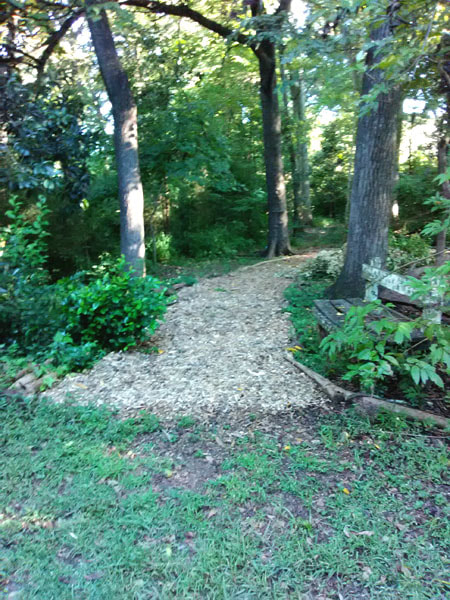|
Photo by Cathy Rouse by Georgia LaMar, Georgia Audubon Avian Advocate Volunteer
Georgia LaMar certified the Walter's Wood Homeowners Association Property on North Carter Road in Decatur as a Georgia Audubon Wildlife Sanctuary earlier this year. She interviewed Cathy Rouse, who oversaw the property restoration and certification, for this newsletter.
5 Comments
Jeanette Stout
11/20/2022 01:26:45 pm
Cathy has been a tireless advocate for better gardening practices and aiding the bees and the butterflies. Her enthusiasm is infectious, and I'm so happy to see her hard work is gaining recognition. Thank-you Cathy for all you do.
Reply
Stacey
11/20/2022 02:27:36 pm
Cathy has always had a passion for the outdoors & gardening. She loves visiting botanical gardens in other states to learn more about plants & flowers & how the birds & insects interact with them. I love taking a tour of her garden with her because all the things she plants has a story. Thanks to Cathy for giving of her time & talents to improve green spaces & teach others how to improve theirs!
Reply
Betty Dworschak
11/20/2022 07:00:02 pm
I’ve known Cathy since we were kids. She’s incredibly smart, hardworking and encouraging! Way to go!
Reply
Murray
11/21/2022 08:04:26 pm
Cathy is the soul of Walter's Woods, a truly devoted and gifted steward of this beautiful space in our community. Plus she's a swell neighbor!
Reply
Phoebe
11/26/2022 09:28:03 am
Thanks for this great article! It's nice to see an HOA embracing this work. Kudos to Cathy for spearheading the project and spreading the word!
Reply
Your comment will be posted after it is approved.
Leave a Reply. |
AuthorBirds Georgia is building places where birds and people thrive. Archives
April 2024
Categories |




 RSS Feed
RSS Feed

